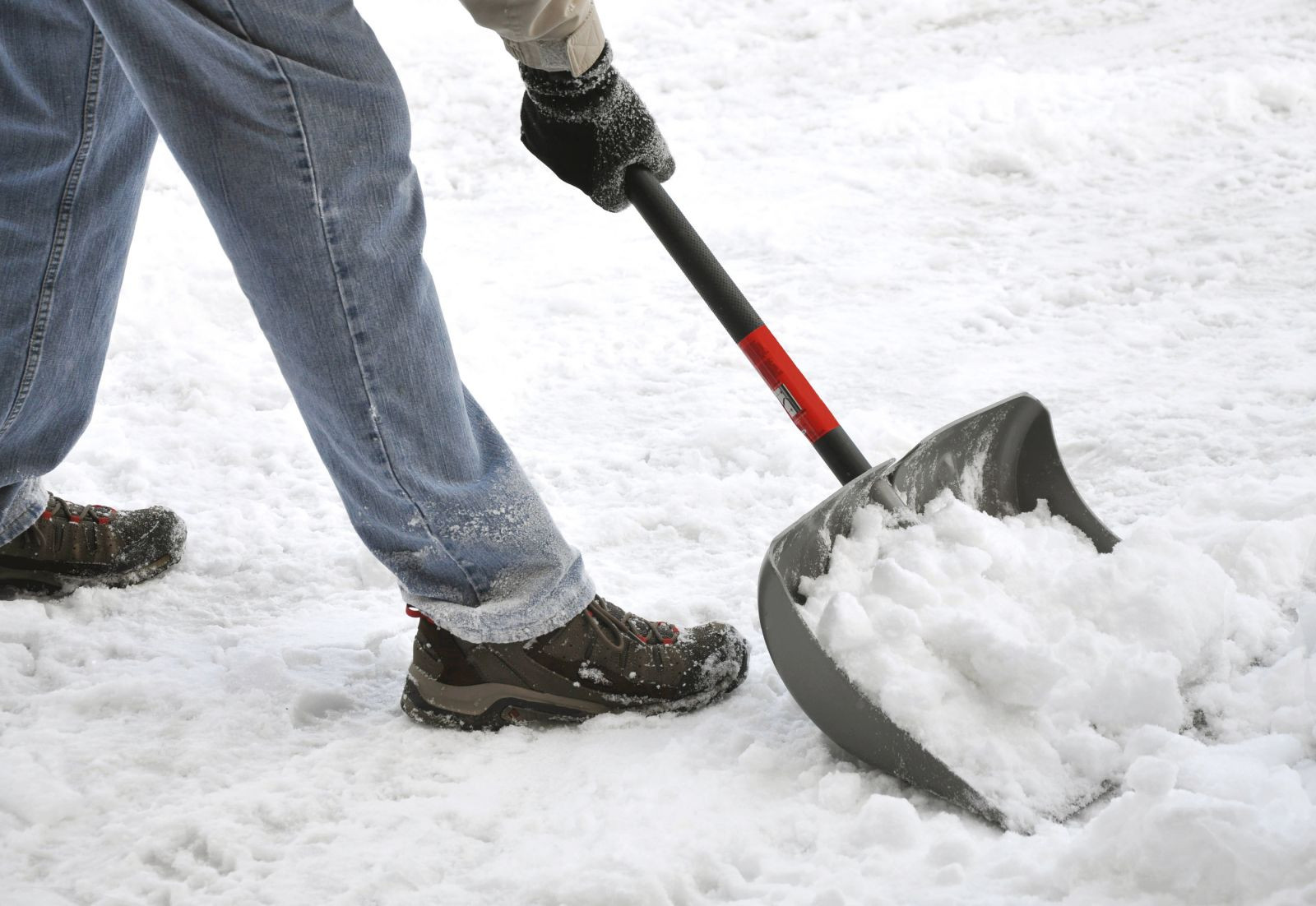
Zinc: What it does for the body, and the best food sources

Respiratory health harms often follow flooding: Taking these steps can help

Tips to leverage neuroplasticity to maintain cognitive fitness as you age

Can white noise really help you sleep better?

Celiac disease: Exploring four myths

What is prostatitis and how is it treated?

What is Cushing syndrome?

Exercises to relieve joint pain

Think your child has ADHD? What your pediatrician can do

Foam roller: Could you benefit from this massage tool?
Heart Health Archive
Articles
The benefits of vitamin pills and chocolate
Although theoretically multivitamins and chocolate might reduce the risk of heart disease and some cancers, proof is lacking. A new randomized trial called COSMOS will test whether multivitamin pills and cocoa pills have health benefits.
Avoiding winter heart attacks
Minimize risks with simple solutions such as preventing overexertion and preparing for cold temperatures.
Image: Bigstock
As temperatures start to fall, your risk of a heart attack begins to climb. "Cold weather sometimes creates a perfect storm of risk factors for cardiovascular problems," says Dr. Randall Zusman, a cardiologist with Harvard-affiliated Massachusetts General Hospital.
Many of these risks stem from what Dr. Zusman calls a "mismatch between supply and demand." Cold weather can decrease the supply of oxygen-rich blood to your heart muscle. And it can put you in situations that force your heart to work harder; as a result, your heart demands more oxygen-rich blood. Such a mismatch-a smaller supply of oxygen to the heart coupled with a greater demand for oxygen by the heart-sets you up for a heart attack.
Bypass surgery after a stent?
After an artery-opening angioplasty plus a stent, a person may need bypass surgery in the future. Likewise, some people who have bypass surgery may later need a stent. Neither procedure stops atherosclerosis, the disease that clogs heart arteries.
What is venous insufficiency?
Venous insufficiency, which happens when veins don’t work properly, can cause swelling, pain, and a sense of heaviness in the legs. Elevating the legs when sitting or lying down can help; so can support stockings.
Stroke after a heart attack: What’s the risk?
Here's what heart attack survivors need to know to lower their chance of a future stroke.
Image: Bigstock
First, the good news: The rate of first-time heart attacks has dropped by nearly half in the past 25 years. And heart attack survival rates have surged, thanks to improved treatments. The bad news? Compared to people without such a history, heart attack survivors not only face a higher risk of a second heart attack, they're also more likely to have a stroke.
The risk of stroke is higher in the first year following a heart attack, especially during the first month. After a year, however, only the risk of ischemic stroke remains elevated, according to study in the July 2016 Stroke that tracked more than a quarter-million heart attack survivors over a 30-year period. (See "Types of stroke: Blockage vs. bleeding" for a primer on the different types.)
Take a hike!
Hiking isn't just a good cardiovascular workout. It may also enhance your strength and balance while lowering your stress.
Image: Tomwang112/ iStock
Autumn can be a great time to spend time in the great outdoors after summer's heat, humidity, and bugs have dwindled away. Hitting the trail in a local forest or other natural area may also offer some heart-related benefits that go beyond your typical neighborhood walk.
"The nice thing about hiking is that it exists along an entire continuum, from a gentle walk on a flat wooded path to mountain climbing," says Dr. Aaron L. Baggish, associate director of the Cardiovascular Performance Program at Harvard-affiliated Massachusetts General Hospital. Nearly everyone, regardless of age or athletic ability, can find a hike that offers the right level of personal challenge. And hiking may even offer some unique physical and mental benefits, Dr. Baggish says.
Fatty liver disease and your heart
About one in three adults has nonalcoholic fatty liver disease, an often-silent condition closely linked to heart disease.
Image: decade3d/ iStock
The largest organ inside your body, your liver performs hundreds of vital functions. It converts food into fuel, processes cholesterol, clears harmful toxins from the blood, and makes proteins that help your blood clot, to name a few. But an alarming number of Americans have a potentially dangerous accumulation of fat inside their livers. Known as nonalcoholic fatty liver disease (NAFLD), this condition is a leading cause of chronic liver disease in the United States—and an increasingly recognized contributor to heart disease.
"NAFLD increases the risk of heart disease independent of other traditional risk factors such as high blood pressure and cholesterol," says Dr. Kathleen Corey, director of the Fatty Liver Disease Clinic at Massachusetts General Hospital. Among people with NAFLD, heart disease is the top killer, accounting for more than 25% of deaths.
The power of plant-based protein: A longer life?
People who eat more plant-based proteins from beans, nuts, and grains may have a lower risk of dying from heart disease or any cause, compared with people who eat more animal-based proteins such as meat or eggs.
FDA approves first absorbable stent
The FDA approved the first artery-opening stent made from a substance that biodegrades in about three years. The new stents appear to work as well as older metal stents, but blood clots may be more likely to form inside the absorbable stents.
Join the healthy heart trend
The rates of heart disease have dropped over the past decade. How can you be part of this pattern?
Image: Photos.com/ Thinkstock
Heart disease continues to be the No. 1 cause of death among men, but there is some good news—fewer older adults have heart disease. A recent report from the National Health and Nutrition Examination Survey found the rates for this condition among people age 60 and older have fallen from 19.5% to 14.9% in the past decade.
What caused this downward trend? And how can you follow?

Zinc: What it does for the body, and the best food sources

Respiratory health harms often follow flooding: Taking these steps can help

Tips to leverage neuroplasticity to maintain cognitive fitness as you age

Can white noise really help you sleep better?

Celiac disease: Exploring four myths

What is prostatitis and how is it treated?

What is Cushing syndrome?

Exercises to relieve joint pain

Think your child has ADHD? What your pediatrician can do

Foam roller: Could you benefit from this massage tool?
Free Healthbeat Signup
Get the latest in health news delivered to your inbox!
Sign Up










